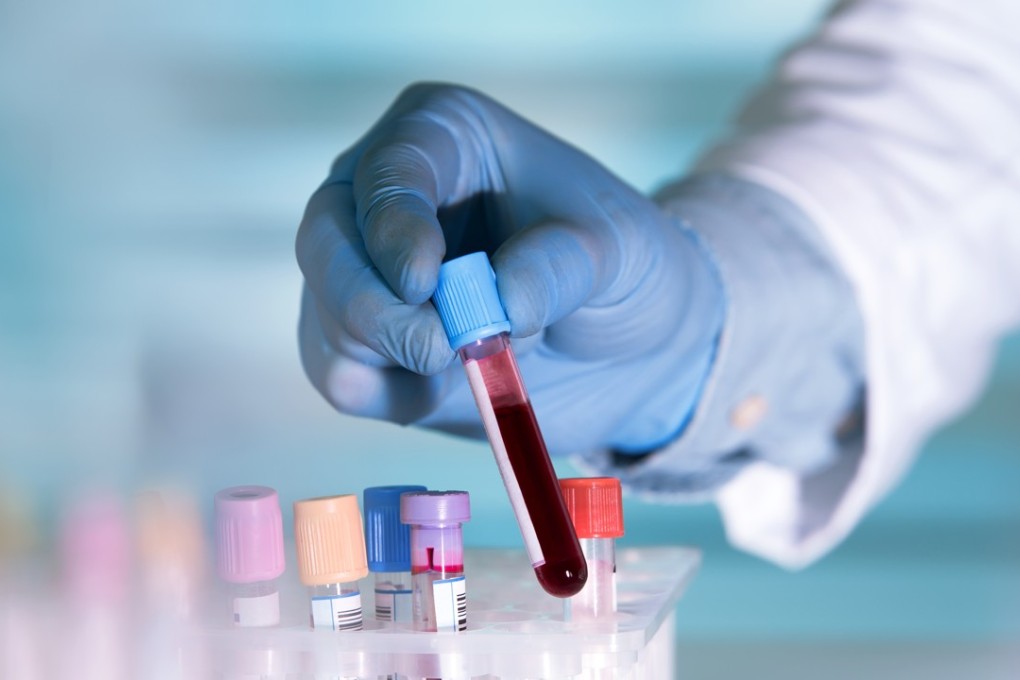Alzheimer’s: 30-year wait is over for early-warning blood test that’s highly accurate
The test detects the build-up of the amyloid-beta protein that’s linked to the disease. It can appear decades before dementia symptoms become apparent

Scientists have developed a new blood test that can predict if a person is at risk of developing Alzheimer’s disease. The test, which has a 90 per cent accuracy rate, identifies people who have high levels of a protein in their brain that is associated with the disease.
The test could be used for frontline screening, to help speed up the selection of participants for clinical and prevention trials in two to three years, says Professor Katsuhiko Yanagisawa, director general of the Research Institute at the National Centre for Geriatrics and Gerontology in Japan, and lead author of the study published in the journal Nature today.

The test measures a specific sign, or biomarker, in blood plasma which can indicate abnormal levels of amyloid-beta in the brain. It can appear decades before dementia symptoms become apparent. Amyloid-beta is a small protein fragment that clumps together in the brain to form plaque, and has long been linked to Alzheimer’s. The disease is the most common form of dementia, for which there is no preventive drugs or cure.
Hong Kong scientists hope to create cheaper, more effective method for detecting Alzheimer’s
Nobel laureate Dr Koichi Tanaka is also part of the team, and developed the initial technique involved in the test.